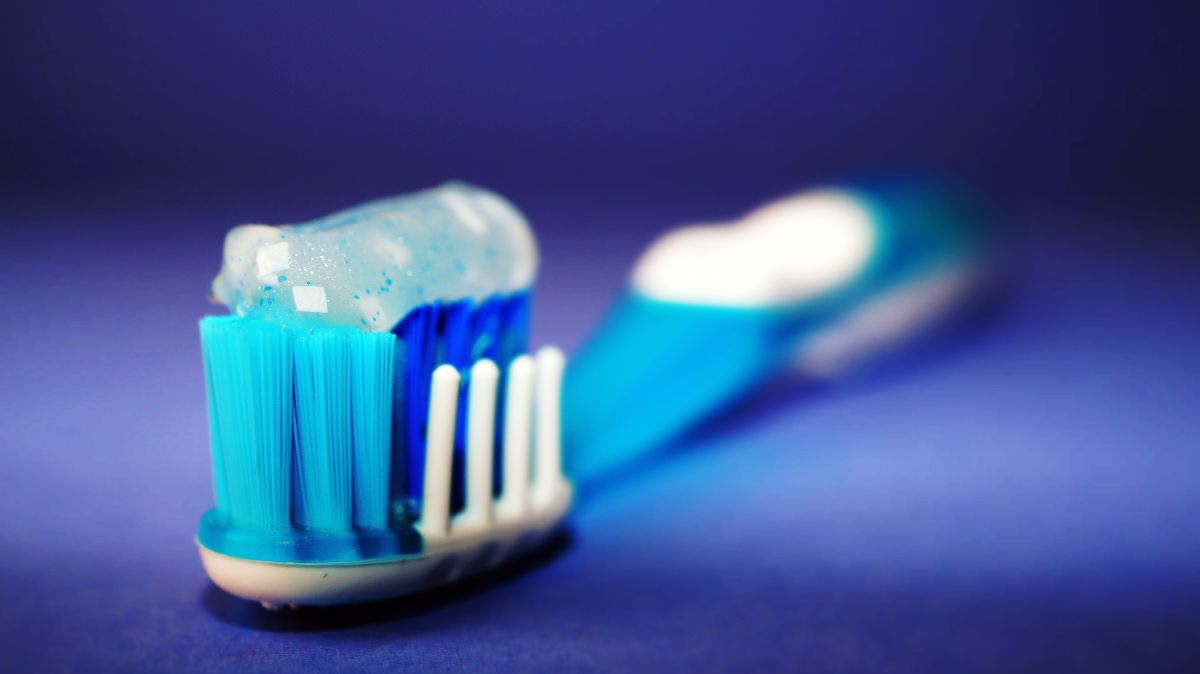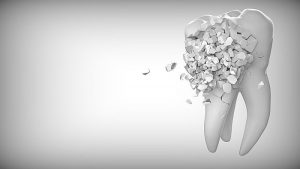Dry mouth is as simple as it sounds, your mouth is dry and devoid of liquid. Everyone experiences the feeling at some point, perhaps after a particularly spicy meal or intense exercise. But, for most people, the feeling quickly passes.

If the feeling is common or doesn’t go away then you may be suffering from Dry mouth, this isn’t usually an illness in itself, but it is a symptom of several health issues.
When you notice your mouth is constantly dry it’s time to book an appointment with a respected dentist .
What Is Dry Mouth
Your mouth has glands that produce saliva. These are constantly working, replacing the saliva you swallow. They are important as saliva washes bacteria away in your mouth, reducing the likelihood of tooth decay.
Saliva also helps to soften food and allow you to chew it before swallowing and digesting it. Unfortunately, when the salvia glands stop working properly, the production of saliva decreases or even stops.
This creates dry mouth and reflects the fact there is an underlying issue.
Symptoms of Dry Mouth
The main symptom of dry mouth is the fact that your mouth always feels dry. But, it can cause a number of other issues that will tell you that you’re suffering from dry mouth:
- Soreness in your mouth
- Burning sensation
- Dry and even cracked lips
- Reduced sense of taste
- Increase in tooth decay
- Struggling to swallow
- Bad breath
The Causes Of Dry Mouth
The cause of dry mouth is the saliva glands have either stopped producing saliva or produce very little.
There are several reasons why this could happen:
- New medications
If you’ve just started taking medicine for a condition, or have just changed your medication it’s possible this could be causing your dry mouth. It’s a surprisingly common side effect of anti-depressants, diuretics, and antihistamines.
- Heavy Cold
Any heavy cold that blocks your nose will force you to breathe in and out through your mouth. This will reduce the amount of saliva in your mouth and can cause dry mouth. Put simply, the moist air in your mouth will be replaced with dry air from the space around you.
- Diabetes
If you have diabetes then you may develop dry mouth as a symptom of the illness.
- Radiotherapy
Radiotherapy, particularly on the neck and head can damage the saliva glands. In many cases this is temporary. However, you should still have it checked out properly.
- Sjorgren’s Syndrome
In rare cases, the cause can be this illness. It causes your immune system to attack the salivary glands. Over time this damages them and stops them from working properly.
The first thing to do if you notice persistent dry mouth is to see your dentist. They can help with teeth related issues and a preliminary diagnosis. If necessary, you’ll be referred to a doctor for additional treatment.



Leave a Reply